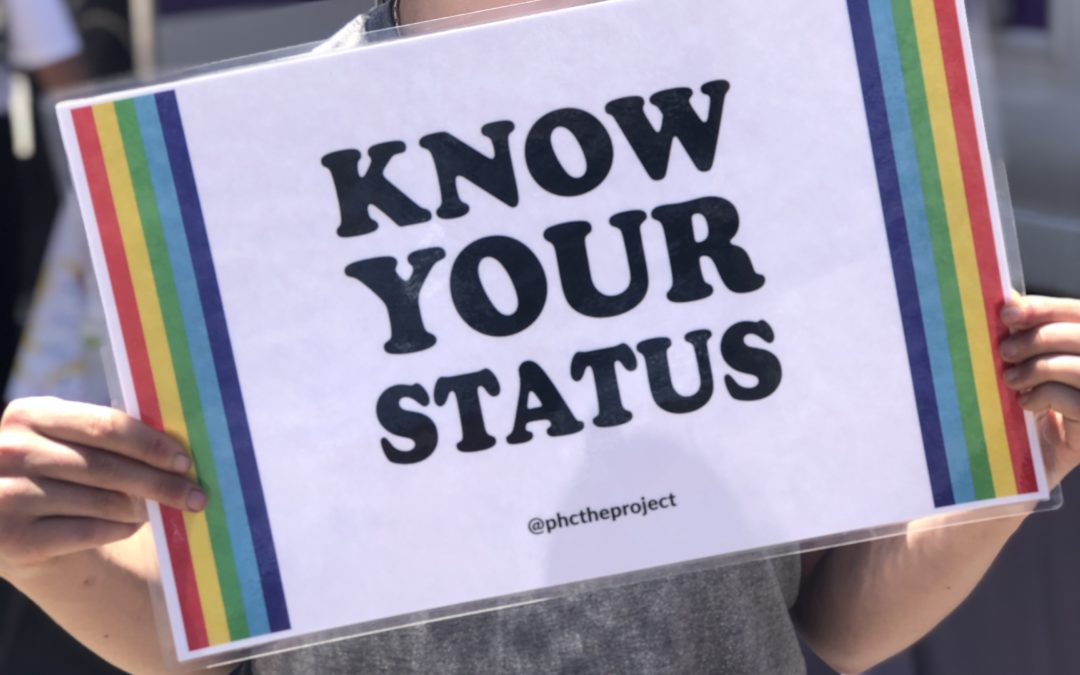It’s STI Awareness Month! It’s a great time to remind ourselves about the importance of getting tested regularly. Taking care of our sexual health by getting tested and treated if needed helps keep ourselves and our partners safe and healthy. So let’s break the stigma and make it a priority to stay informed and proactive about our sexual health this month and beyond!
The CDC reports that if you’re between 13 and 64, you should get tested for HIV at least once. For sexually active females under 25, yearly screenings for Gonorrhea and Chlamydia are advised. The same goes for those over 25 with certain risk factors like multiple partners or a partner with an STI.
Pregnant folks should be screened for Syphilis, HIV, Hepatitis B, and Hepatitis C early in pregnancy. Chlamydia and Gonorrhea tests are also suggested for those at risk, with possible retests later on.
For men who have sex with men, annual tests for Syphilis, Chlamydia, Gonorrhea, and HIV are recommended. Those with multiple partners might need more frequent checks. Also, hepatitis C screening once a year is advised if you’re living with HIV.
Anyone engaging in behaviors that could lead to infection should get tested for HIV annually. And for those who’ve had oral or anal sex, you should also chat with a healthcare provider about additional testing options for the throat and rectum.
For more information on what STIs you should be tested for and when, click here.
According to Polk County Health Department (PCHD), “The most common STDs seen in Polk County are Chlamydia, Gonorrhea and Syphilis.” PCHD reported 2,949 cases of Chlamydia, 1,226 cases of Gonorrhea, and 236 cases of Syphilis in Polk County in 2022.
Each STI has a window period and incubation period. Window period is the timeframe in which a test can detect the STI. Incubation period is the time between exposure and when symptoms arrive, if they do at all. Learn more about these window periods for each of the major STIs here.
According to the World Health Organization, “Effective treatment is currently available for several STIs.” Chlamydia, Gonorrhea, Syphilis, and Trichomoniasis “are generally curable with existing single-dose regimens of antibiotics. For herpes and HIV, the most effective medications available are antivirals that can modulate the course of the disease, though they cannot cure the disease. For hepatitis B, antivirals can help [by] fighting the virus and slowing damage to the liver.”
The Project offers free testing for HIV, Syphilis, Gonorrhea, Chlamydia, and Hepatitis C, for those who qualify.
Our clinics offer testing and treatment through insurance or our sliding scale for the following STIs: HIV, Syphilis, Gonorrhea, Chlamydia, Herpes, HPV, and Trichomoniasis.
Get tested and treated today to stop the spread of STIs!

